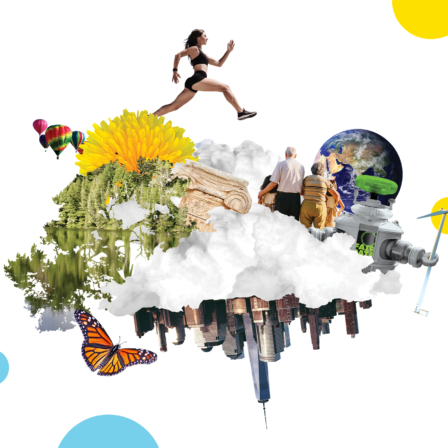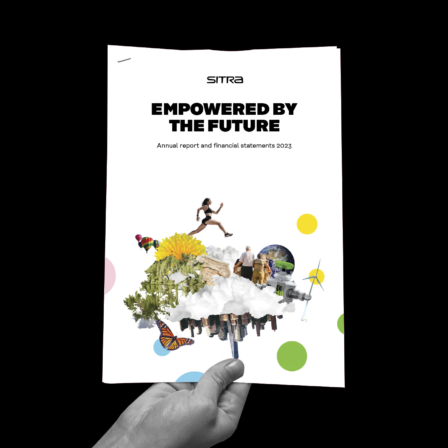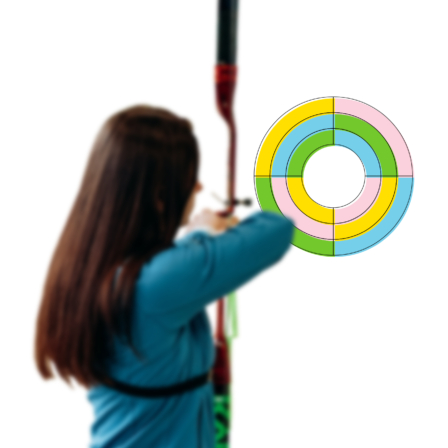Geoff Mulgan is one of the world’s foremost experts on innovation and policy. He was the Director of Policy under British Prime Minister Tony Blair, founded the think tank Demos and ran the charity Nesta as Chief Executive. He has advised governments around the world and is the author of numerous best-selling books.
How do you view your role on the Advisory Panel?
We are asked for our opinions on a number of different programmes, such as data or democracy. The panel is made up of international experts and many of us are involved in parallel projects in our own countries. We also discuss broader strategic issues and geopolitical trends.
How do you view Sitra’s role in Finland?
You live in Finland so maybe you could answer that better than me!
Sitra is fairly unique in that they have a link with government and parliament. They have a remit to think strategically about big issues, such as well-being or carbon neutrality. Most countries don’t have organisations like this. Political parties have generally lost the ability of strategic thinking, so I am glad to see that Finland is keen to sustain this capability.
Sitra has been able to reinvent itself several times, which is unusual in a public body.
Sitra has been able to reinvent itself several times, which is unusual in a public body. Most public organisations can’t redefine themselves as needs change because they have a specific remit like R&D, startups or university research. We need organisations to evolve and mutate to changing parameters.
What is Sitra’s role in the world?
Sitra is looked at with interest and admired around the world. Sitra has good bilateral links with some countries like China and Japan. They don’t really have a global role – with partial exceptions like the work on the circular economy – but they are definitely a role model.
What should Finland be proud of?
The ability to straddle top-down government policy with individual engagement, such as social entrepreneurship.
What challenges does Finland face?
Many are similar to those faced by other countries: one is climate change, building a carbon-neutral society and zero waste. Another issue is how to retrain all those people who will lose their jobs due to automation in the coming decades. A third challenge is how our governing system and democracy needs to be reshaped to rebuild trust and legitimacy in governance.
Your newest book is entitled Social Innovation: How Societies Find the Power to Change. What can Finland learn from it?
Hopefully a lot! It is about social innovation and R&D. There have been systematic investments in science and technology innovations, but not in social innovations. For a hundred years innovation has been focused on hardware and technology, and this has given us significant economic growth and technical progress. However, there is a gap between society and the economy. There has been less progress in issues such as isolation, integrating migrants or homelessness, in part because there has been so little investment in social R&D. I hope Finland will be a pioneer and put this right!
Are there any projects at Nesta which Finland should be aware of?
There are dozens, but I’ll just mention two big ones. Nesta works on innovation in regulations – both a new theory of how regulation should be done, and practical examples in fields like banking, law and transport. Sitra isn’t doing this, but they could be interested in it. The other is complex problem solving where we have developed and tested a range of practical methods.
What should Sitra focus on next?
Sitra is already focusing on the right topics, such as the circular economy and lifelong learning. Another important new field is collective intelligence, how thousands of people can collaborate to analyse data or solve problems, often with a combination of human intelligence and artificial intelligence.

















Recommended
Have some more.